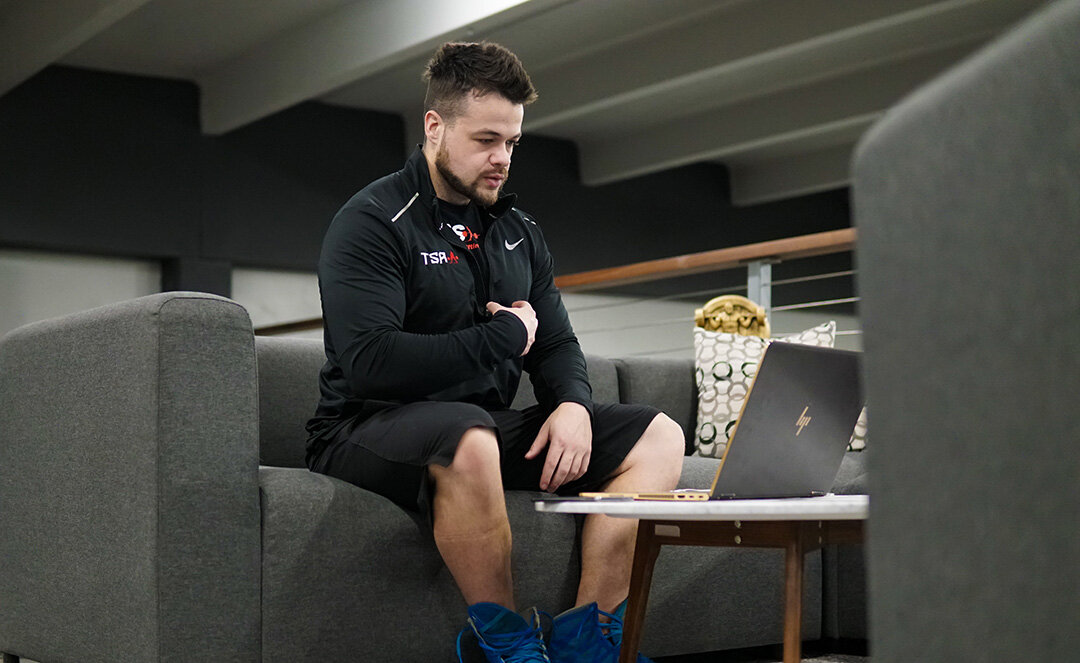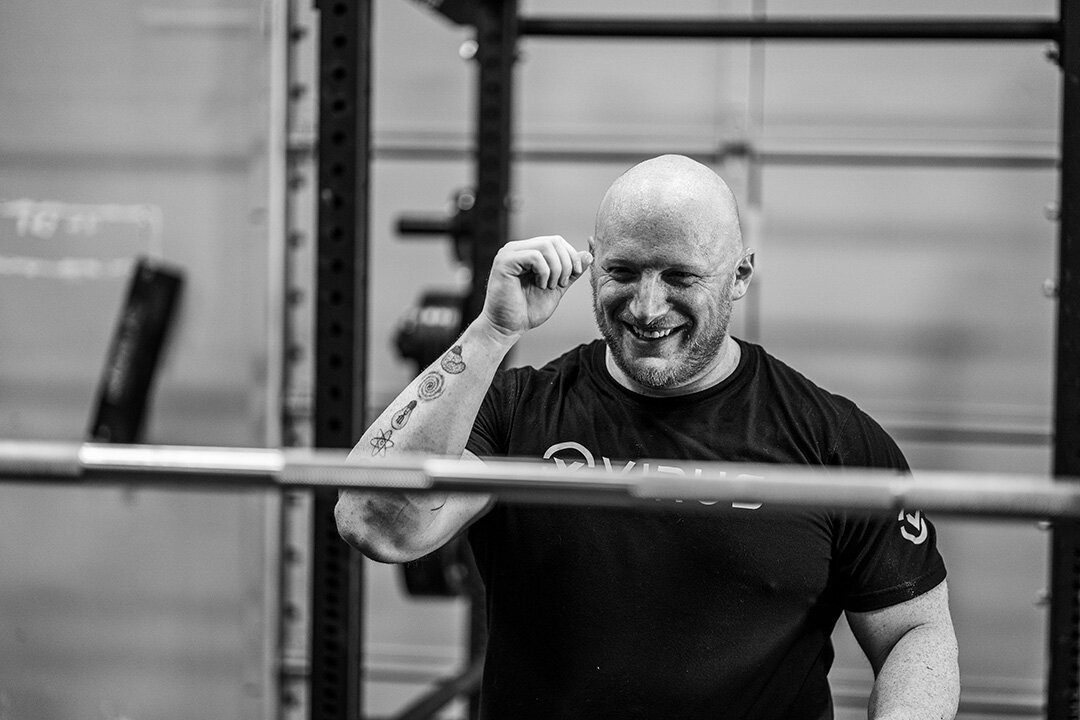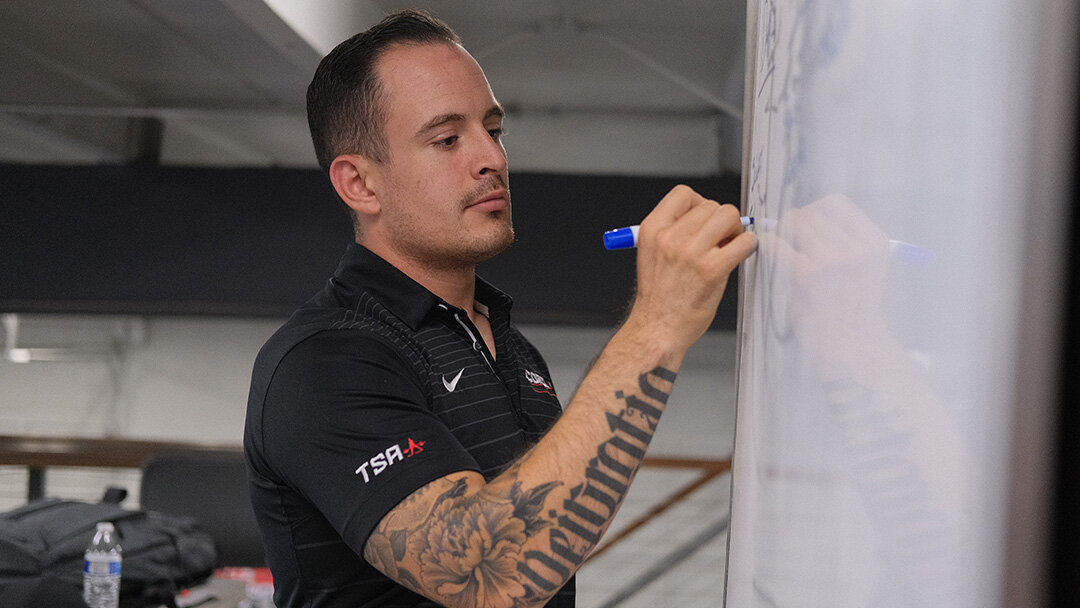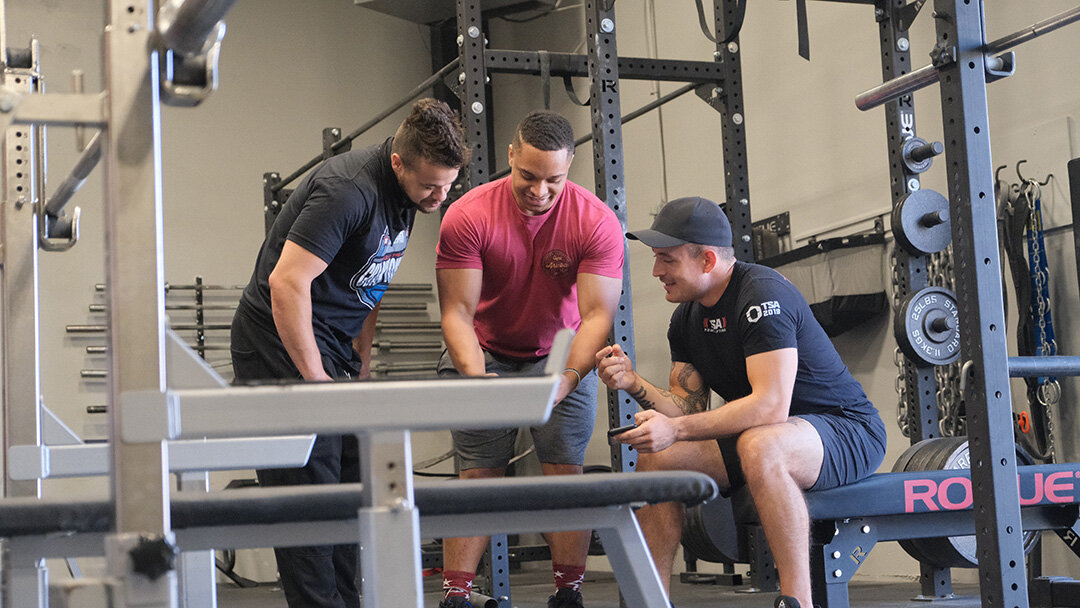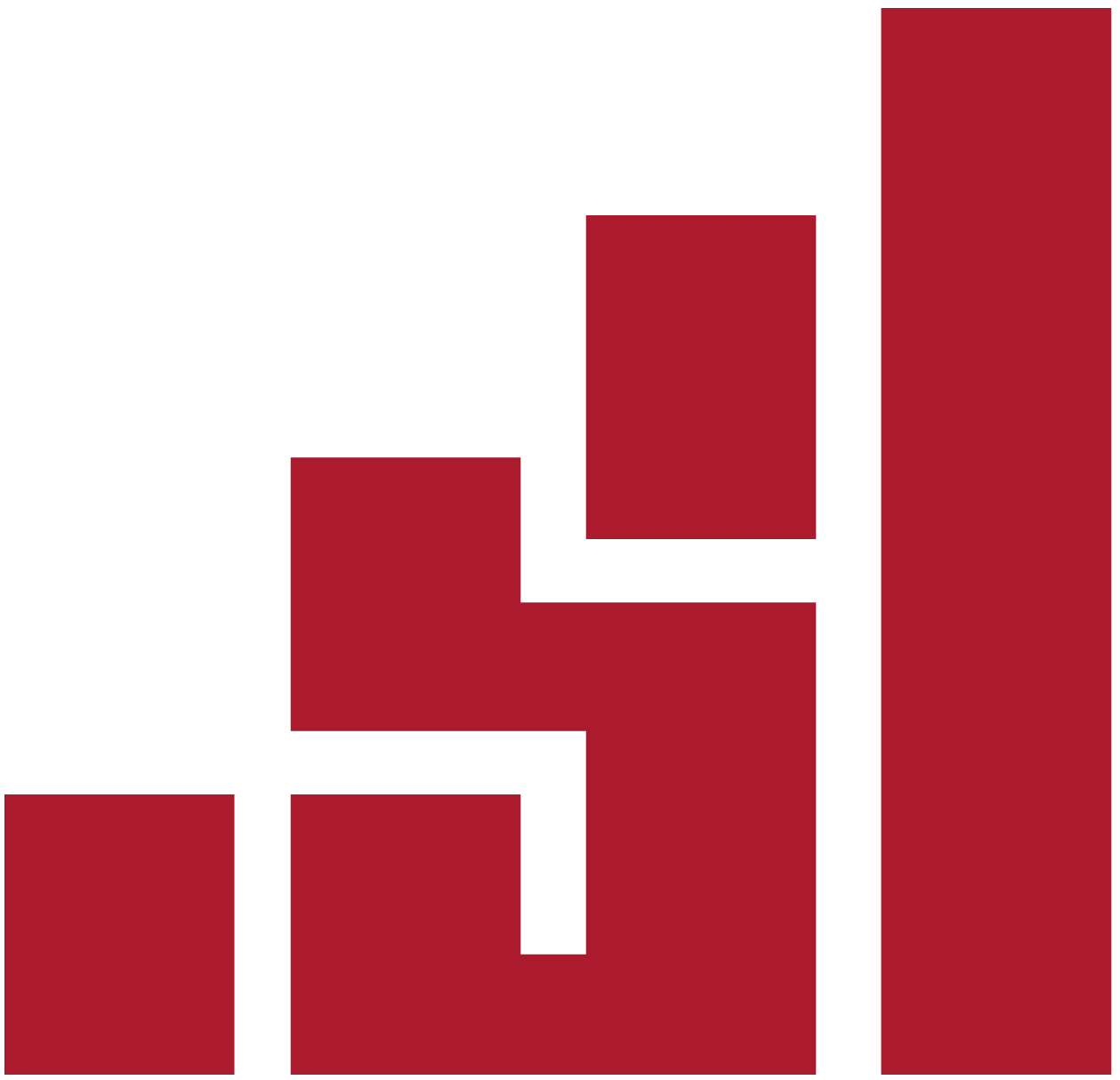
About us.
We advocate and promote powerlifting as a means of physical and emotional self-improvement.
The hits.
We are an online coaching organization, communicating remotely with athletes around the world and developing comprehensive training plans. We focus both on manipulating training variables over time and working with the athlete as they progress from beginner to advanced.
All training plans include evidence-based guidance on technique, nutrition, sports psychology, and of course training.
We serve athletes both in creating one-off training plans, and also in a weekly capacity creating yearly training and growth. We work with athletes just discovering powerlifting through athletes at the highest levels of competition.
Outside training, we strive to educate and provide resources to drive the strength community forward and into the future.
01
We focus on process over outcome to increase motivation
02
We’re big on coach-athlete bond and communication. It’s the glue that connects.
03
We bring our creativity and problem-solving to the table
04
Small technique improvements over time to develop world class athletes
05
We use evidence-based, constantly updating training strategies
06
Clients are friends. We wouldn’t be here without you.
07
Yearly planning handled in a sustainable way. We aim to minimize burnout.
08
As high-level athletes and referees, we walk the walk.
Our Philosophy.
Athletes First:
Powerlifting coaching isn’t just about digesting the right number and kind of exercise science studies, nor is it about following your experience and heart all the time, either. Good programming hits the middle point of evidence-based practice, coach experience, and athlete feedback and influence. We blend best practices from the latest research with sensible middle-of-the-road training that challenges athletes to be better than they used to be. We continually use the athlete’s real-world experience to modify training because we believe we’re better as a team and no one knows you better than you know yourself.
We believe in optimizing motivation through the framework of Self-Determination Theory, maximizing the athlete’s skill and strength competence, their autonomy over their training, and their network of support--their relatedness. But it’s not enough just to be motivated...burnout can strike us all and stands as one of the major reasons athletes stop pursuing sport. That’s why we balance training approaches over time by varying total training stress levels and structure, talking to the athlete, and making sure we’re paying attention to the major warning signs of burnout.
We don’t marry ourselves to any training strategy, lifting technique, nutritional strategy, or programming theory because doing so limits us and clouds our judgment. By viewing training styles as options over dogma, we open ourselves to finding the best solutions for athletes on a case-by-case basis. There’s a sweet spot in rates of progress over time that pushes athletes to be better without simply doing more work for nothing. We strive to make sure we’re on the right side of dose response for training: we get out exactly what we put in.
Training is continually evolving. We try new approaches for athletes built from observations made about you that are sensitive to timelines, schedule, buy-in, importance of the next competition, the athlete’s age and experience level, and dozens of other small factors that keep us working hard for you.
The Role of Data:
We know that while data can tell us something important about athletes and their experience in the gym, data is one piece in a larger puzzle, made complex by the reality of being a human existing in the world. Data augments our training process, it doesn’t define it.
Metrics are two-sided. On the one hand, they quantify the training process, allowing us to digest large amounts of information and find patterns in the noise. On the other hand, it’s easy to be lured into a false sense of certainty when you apply numbers to human experience. We’re constantly checking the numbers by what we’re actually seeing in the gym. This second layer of security makes sure we’re not vulnerable to coming to certain conclusions on uncertain information.
The Athlete Experience:
As athletes ourselves, we’re intimately connected to the training process. We realize that there are far more training days than competition days. Enjoying the process of training and finding meaning in mastery and the pursuit of excellence drives us to a deep, lasting love for powerlifting that doesn’t fade just because of poor results or a bad training session or competition. True intrinsic satisfaction comes from the intention to improve for its own sake, bit by bit, year by year.
As coaches, we don’t own your athletic experience. We’re there to guide you and to work with you, but you own your own process entirely. This degree of control empowers you to work harder and be more involved in the process as an active participant.
Competitions are important to test oneself and to aim to compete at the highest level possible. Intrinsic goals matter, but so, too, does competing for the sake of winning. While not everyone needs or wants to compete, we believe you can learn something deeper about yourself through the fire and challenge of competition.
Communication:
You are more than a set of numbers—you’re an athlete with a real, complex experience that deserves coaching with equal nuance. Communication is the backbone of the coaching process, helped by an appropriate degree of closeness, a closely aligned set of goals between coach and athlete, and a system that allows for appropriate feedback. We aim for emotional intelligence and being able to build the complete athlete, not just their squat, bench press, and deadlift. We know that elite athletes are better able to cope with setbacks, that coping skills are teachable, and that we thrive better together.
Good communication gives us advanced warning of aches and pains that might become something more serious, allowing us to pivot and modify before things become bigger problems. It allows us to speed up the process of strength gain, technique refinement, and informing the athlete. Communication is the real language of training, not sets, reps, or load.
Coaching is a blend of hard and soft skills. Especially one on one, every decision we make matters more. Individualization is at the core of what we do. While some coaches will try to adapt you to their training styles, philosophies, and approaches, we at The Strength Athlete adapt our coaching to you.

